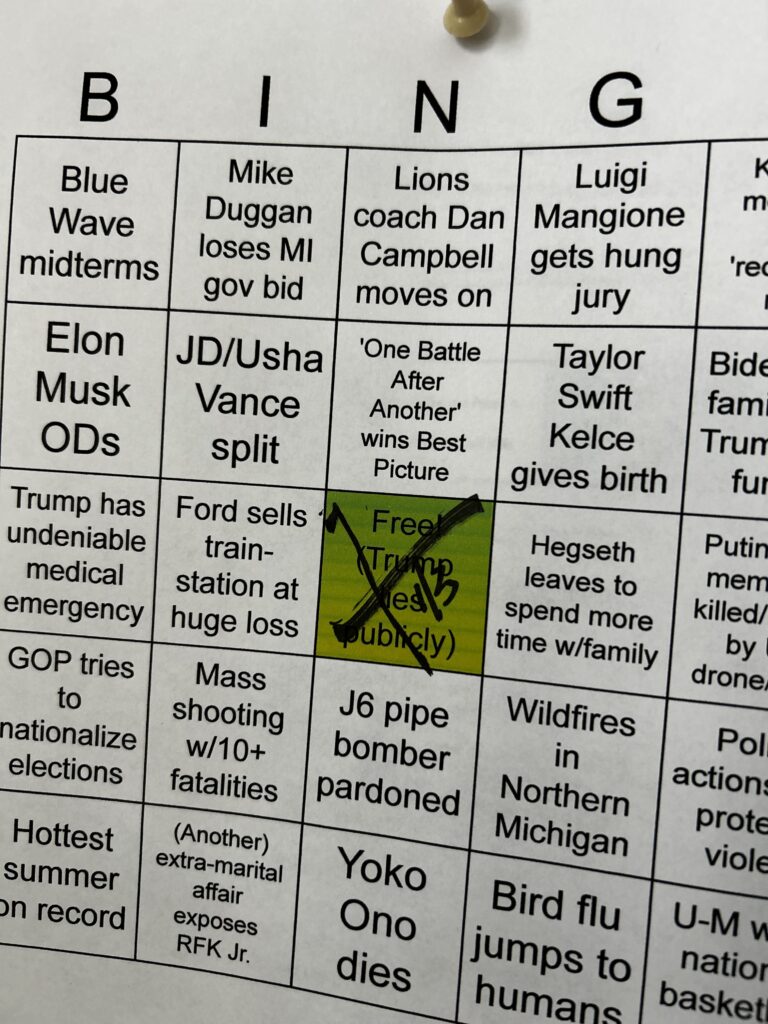I saw this video at least four times yesterday, on social media. Maybe you did, too. It’s very cute: A fox plays in the snow. It bounds in a snowbank, slides amusingly across a frozen creek, buries its head in another snowbank, pops out, bounds down to another snowbank.
I watched it with a cold eye. It is almost certainly AI.
What do I base this on? First of all, foxes are pretty wary, and likely wouldn’t cavort so close to a person holding a phone. OK, so maybe the animal is domesticated somehow, accustomed to humans. Then why, when it pops out of the snow, does it have not a flake of snow on its head? Why is the camera so steady? Why is it too good to be true? Why is the creator’s page full of supercute-but-unlikely animal videos, scenes of kittens cuddling with tigers, cats nursing baby rabbits or a horse dropping to its belly so that a little girl can pet its nose?
Why aren’t people more skeptical? A local politician has been posting videos of “ICE agents” being kicked out of restaurants by a scolding woman with a Spanish accent. Fakes, every one. He doesn’t seem to care. It’s like when Facebook was new, and you’d point out that the “totally true” story someone just put up is an old urban legend, never happened, and they’d say, essentially, who cares? It’s a good story, don’t take things so seriously.
Come back to me when the video is so good you can’t really tell if this is THE pee tape, or not. When there are riots between ethnic groups sparked by videos of things that never happened. We are sleepwalking off a cliff with this technology and no one seems to care.
The other day I had a conversation with a media professional who seemed amazed that I don’t use ChatGPT or any other AI tool. I’ve mentioned before that Google now reports results in AI summaries, but I don’t go out and ask Gemini or Grok or any other tool to summarize my email. I don’t tell the chirpy assistants to help me polish a paragraph. Talk about putting yourself out of business. I guess we just have to learn how to write the correct prompts.
And I was going to go on about this, but whenever I hear Alan mutter “Jesus Christ” I know it’s bad, and whaddaya know, it is:
The Trump administration has acknowledged for the first time in a court filing that members of the U.S. DOGE Service accessed and shared sensitive Social Security data without the awareness of agency officials.
The admission comes months after a whistleblower raised concerns that members of DOGE — the government cost-cutting operation founded by Elon Musk — had obtained one of the government’s most protected databases, risking the security of hundreds of millions of Americans’ private Social Security information. The agency had previously denied the whistleblower’s allegations.
But the Justice Department submitted a court filing Friday in an ongoing case saying that the Social Security Administration had discovered a secret agreement between a DOGE employee and an unidentified political advocacy group. The agreement called for sharing Social Security data with the aim of overturning election results in certain states, according to the filing.
Gift link. This country is so broken. See you later this week.







